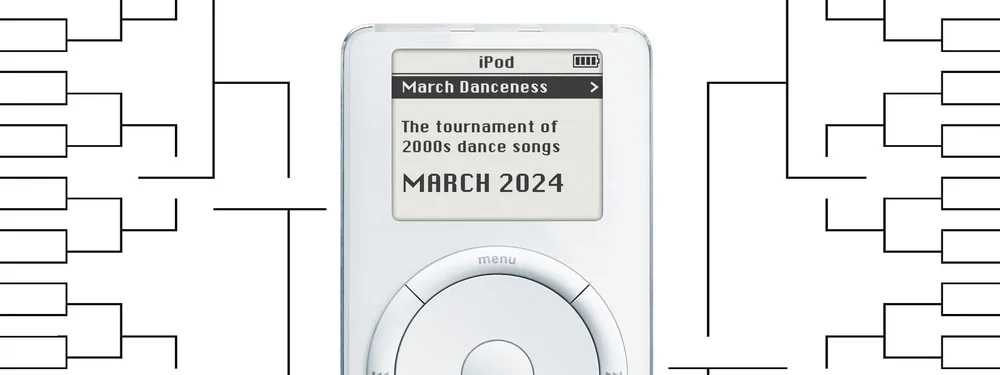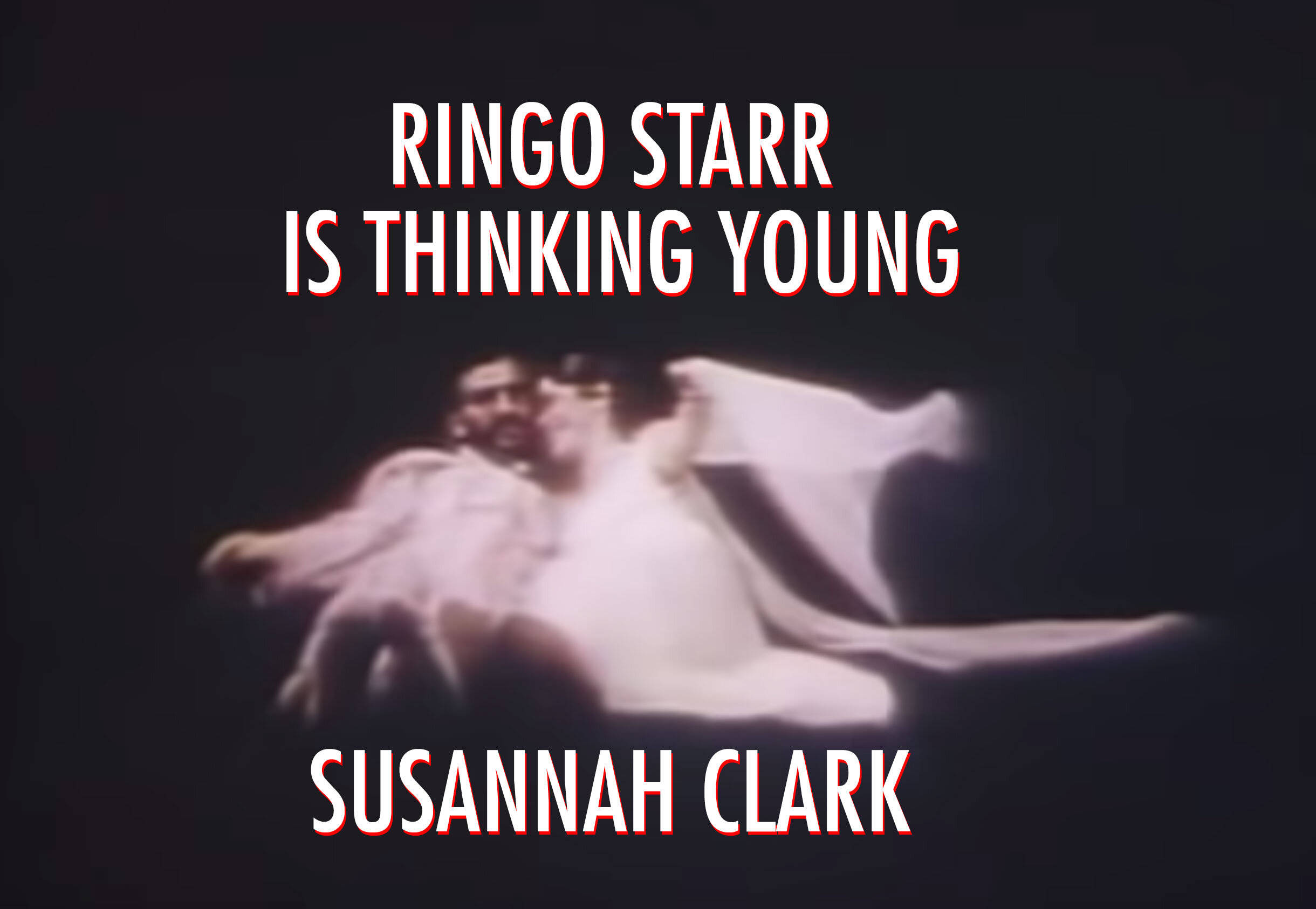Bob Dole is leering. The former Republican presidential candidate is watching an ad within an ad on the TV in his mahogany study, soda can in hand. Britney Spears has just finished enlightening us to The Joy of Pepsi, gyrating in physics-defying lowrise jeans. Easy boy, Bob Dole says to the barking dog perched next to him. It’s meta. It’s nauseating.
I had forgotten about this part, which is surprising, because I was obsessed with this ad campaign when it came out in 2002, six years after Dole lost to Clinton in 1996. I was a freshman in high school, and despite being a devout Coke drinker, I watched grainy downloads of Britney’s Pepsi commercials on my parents’ computer over and over again as if they were regular music videos and not soda ads. I idolized Britney then as much as I had in middle school, but had grown a little too cool to admit it anymore. I couldn’t just like the ad because it was catchy—I had to attach some sort of cultural weight to it.
I ended up writing an essay for a standardized test about Britney’s Super Bowl ad, a crude ethos-pathos-logos analysis of the slogan “Pepsi: For Those Who Think Young.” The tagline was a throwback to a 1958 Pepsi jingle, and in the modern iteration we follow Britney as she pops and locks through five decades of carbonated consumerism, from beehive hairdos to bellbottoms to 80s new wave. In my essay, I regurgitated some VH1 propaganda to argue that the dawn of rock ‘n roll reshaped the American economy. Music was the first industry to effectively pander to the slew of baby-boomers who were coming of age with pockets full of untaxed allowance money. From then on, teenagers would dictate popular culture. With dollar-signs in their eyes, companies began marketing young. Of course, I made this argument at age 14 with zero empirical evidence—it was just a narrative that made sense to me. As an insecure teenager, it felt good proclaim my demographic the center of the universe. I probably passed the test because I put my thesis statement at the end of the first paragraph.
Ringo Starr must have been thinking young when he decided to cover “You’re Sixteen, You’re Beautiful, (and You’re Mine)” in 1973. Like Britney’s Pepsi ad, it was a strategic throwback; the original version, sung by Johnny Burnette in 1960, had just been featured prominently in the film “American Graffiti” just a few months earlier, and 50s nostalgia was the bandwagon to catch. Ringo’s post-Beatles output had taken some odd turns—first, a standards album, aptly titled Sentimental Journey, and then a country western record. “You’re Sixteen…” was more or less a marketing ploy—an advertisement for the return of the Old Ringo, the unlikely teen idol. And it worked, the song hit number 1 in December 1973.
But as a Breitbart editor inadvertently pointed out a few years ago, the optics of a 30-year-old man singing about a 16-year-old are not great. Sure, rock stars can get away with singing just about anything by claiming to be in character. In the Beatles, Ringo was “The Funny One,” the comic relief (although it should be noted that he always received the most fan mail, by a long shot). He’s not supposed to be taken seriously. The bridge of “You’re Sixteen” traverses in what sounds like a kazoo solo, perhaps to evoke the childish quality of Ringo’s best-loved Beatles songs—"Yellow Submarine” and “Octopus’s Garden.” If we put Ringo on blast for sexualizing an underage girl, we’d have to condemn Abba, Sam Cooke, Neil Diamond, Big Star. Why spend time dissecting song lyrics when there are actual statutory rapists to be reckoned with?
And yet, haunted by recent headlines, I haven’t been able to listen to “You’re Sixteen, You’re Beautiful (You’re Mine)” without thinking about Jeffery Epstein. What sets this tune apart from say, “Sixteen Candles” is the narrator’s brashness: you’re my baby/you’re my pet. The titular line is a predator’s equation—if we follow the order of operations, what’s in the parentheses comes first. She’s attractive, she’s young, but most importantly, she’s a possession.
*
Rock ‘n’ roll and adolescence are inextricable. There’s songs about teenage wastelands, dirtbags, kicks, dreams. Endless material can be extracted from those four years of high school, and there’s nothing immoral about an adult reflecting upon such a pivotal stage of life, the glory days of crimson and clover. But it might be impossible to write a song about something without objectifying it. Teenage girls often end up a commodity, sometimes literally.
Ringo’s career started with a young girl for the offering. The first track of the Beatles’ debut album opens with: Well she was just 17/you know what I mean. “I Saw Her Standing There” puts the onus on the listener; you’re supposed to know what Paul means, and it’s not the Beatles’ fault if some perverts take it the wrong way. And hey, times were different back then, they had yet to a’change. But it’s disingenuous to say that a teenage girl meant something different in 1963 than in 2019, or even 1973. Ringo knew exactly what he was doing with “You’re Sixteen, You’re Beautiful (And You’re Mine),” and if you’re still inclined to give him the benefit of doubt, check out the video. (I did the math for you—Carrie Fisher was 21 when she filmed the video in 1978. She was 17 when the song hit number 1 in 1973.)
So when Pepsi decided to punctuate Britney’s ad with horny Bob Dole, they were kind of giving away the game. I wrote that standardized test essay with a sense of empowerment, thinking that I was the one being pandered to, embracing a product for the young and those who think like them. I thought that teenagers were the noble consumers, but really we were the ones being consumed. Powerful men always get the last word, the parenthesis at the end.
I’ve written toward this Big Realization, but I think I picked up on the order of operations sooner than I’m giving myself credit for. After all, I never stopped drinking Coke.
Susannah Clark is a former teenage girl who now lives in Brooklyn. Her work has been published in Inside Higher Ed, PopMatters, The RS 500, and elsewhere. She has been nominated for the Best of the Net anthology and the Pushcart Prize, and has a Notable essay listed in the 2016 Best American Essays anthology.


